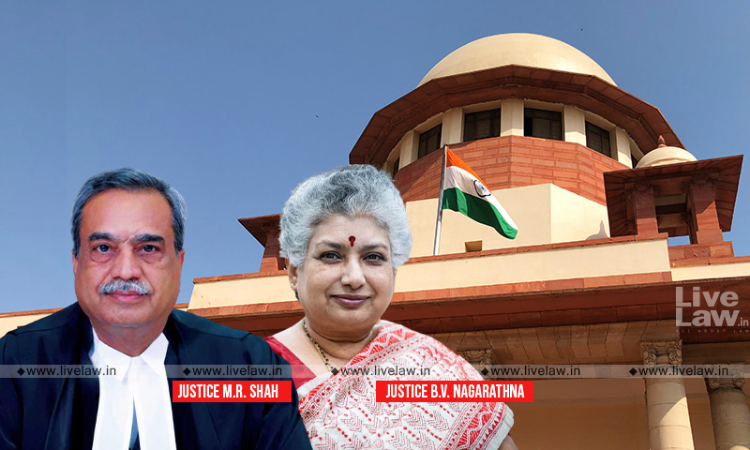Equilibrium Between Power Of The Income Tax Dept. Of Reassessment And Rights Of The Assessee: Supreme Court
Mariya Paliwala
5 May 2022 6:17 PM IST

Next Story
5 May 2022 6:17 PM IST
The Supreme Court, by invoking the extraordinary jurisdiction under Article 142 of the Constitution of India, saved over 90,000 Income Tax Reassessment notices issued after the 2021 Amendment by deeming them as notices under Section 148A of the Income Tax Act. At the same time, in order to protect the interests of the assessees, the Apex Court directed that the income tax...
